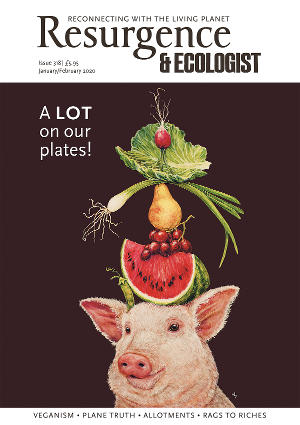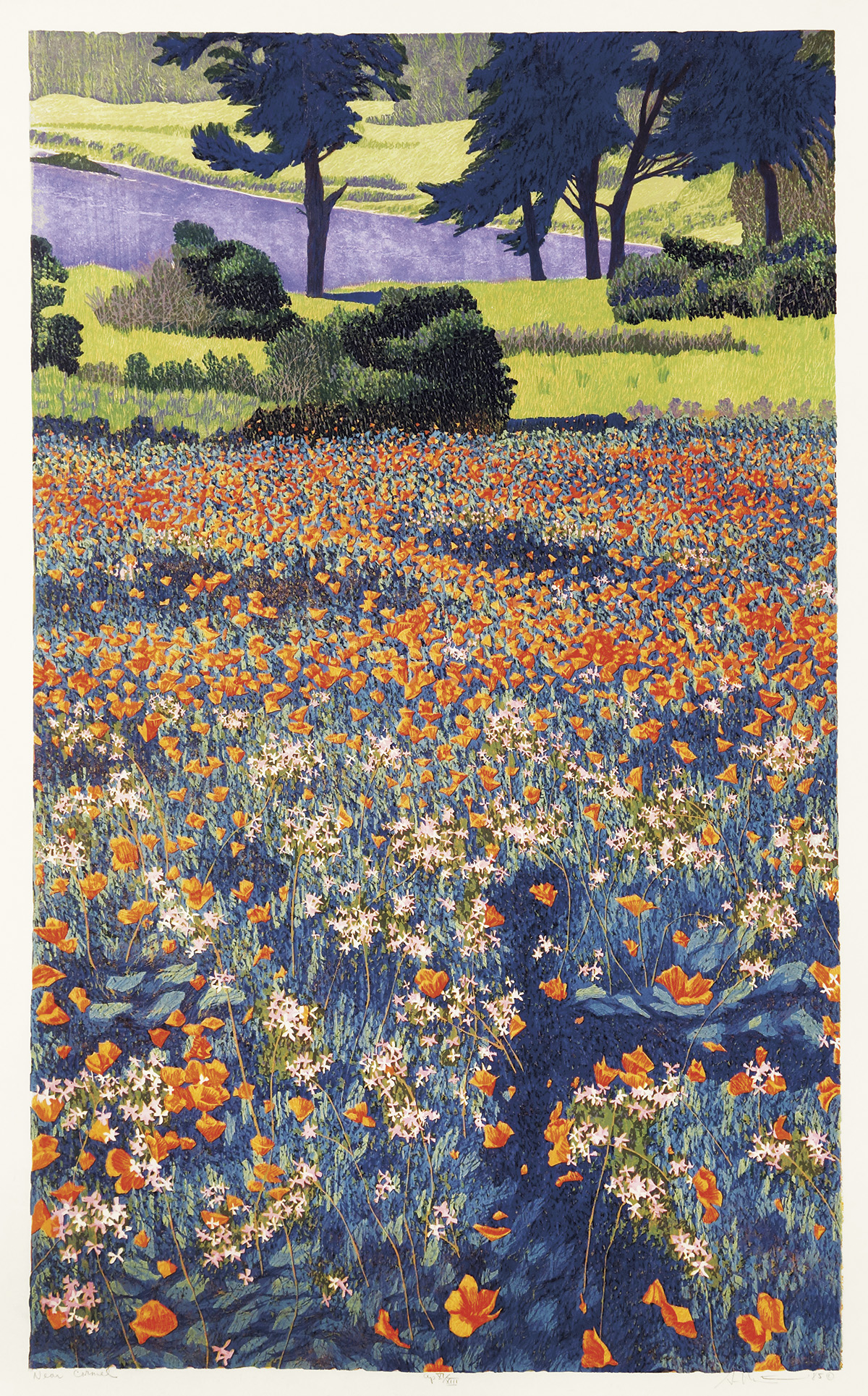Thomas Berry (1914–2009) was one of those rare and wonderful people who completely change the vision of their time. Mary Evelyn Tucker, John Grim and Andrew Angyal, three people whose lives he changed, have come together to create a biography of him that offers not only a mesmerising insight into the essence of Berry’s own story, but also an outstanding example of how to write about a life. What is so inspiring about this biography is that it shows us Berry’s personal story continually evolving, deepening and expanding with each new endeavour, until it becomes at one with the evolving Story of the Universe. The authors write: “Thomas had to transform his identity at every stage of his life. He moved gradually but steadily from his small self to his great self ... always moving toward becoming a cosmic person.” Berry would often say with a twinkle in his eye during his spellbinding talks that this was all because he fell in love with a meadow. He believed that “good is what is good for the meadow.”
Berry was born in Greensboro, North Carolina, and later entered a monastery of the Passionist order, where he was ordained. To experience more than just American culture, he went to study in China and then served with the US army in Europe, hoping to teach at university when he returned. His passionate enthusiasm to transcend faith boundaries was not without its difficulties in relation to his chosen church: he was for a while forbidden to teach and was not allowed to go to Japan to study the religion there. But his firm, courteous (and undoubtedly unflinching) persistence won through eventually. He taught in New York City at St. John’s University and then at Fordham University, where in 1970 he initiated a unique programme, History of Religions, and finally achieved an integration of his brilliant scholarship with his cosmological vision in the founding of the Riverdale Center for Religious Research. Here, his biographers say, “he placed human and Earth history within a universe story.” The Riverdale Center was where he wrote his later monumental books such as The Dream of the Earth, The Universe Story and The Great Work.
Of special interest to readers of Resurgence & Ecologist is the talk Berry gave at the 23rd annual E.F. Schumacher Lectures, called Every Being Has Rights, where he explored the idea that natural rights come from the same source as human rights, from the universe that brought us all into being. He further developed this in his Evening Thoughts. It followed from this that existing human-oriented laws had to be transformed to include the whole Earth community, of which humans are only a part. He called this Earth Jurisprudence. By now he was calling himself not a theologian, but a ‘geologian’, pointing to the “grand liturgy of the universe” as sacred in itself, beyond any and all categories of faith. His poems, which he recited out of doors with upraised arms, he would dedicate to “all the children of the universe”.
This is the first biography of Thomas Berry, and presumably the first of many, but it is hard to believe that there will ever be another one quite like it – it is so full of understanding and love. Quite frankly, it is the best biography I have ever read.








